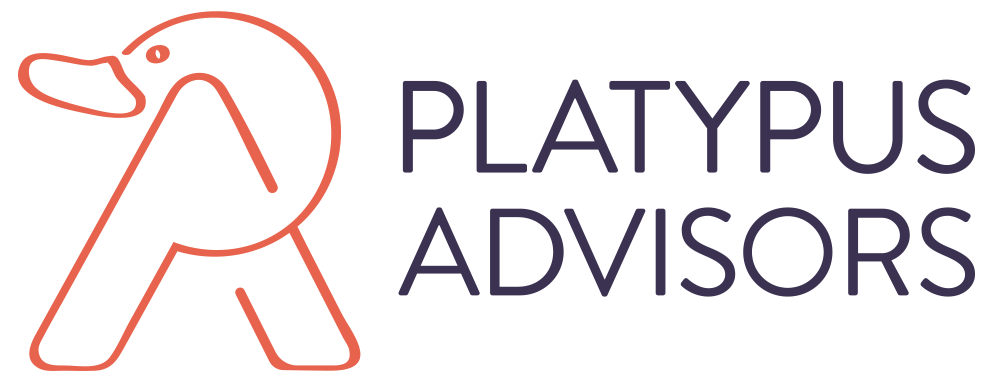Measuring Systems Change in Outdoor Equity
Moving beyond traditional metrics to evaluate how REI Cooperative Action Fund’s catalytic investments shift the conditions that create barriers to outdoor access, belonging, and health
Photo Credit: REI Coop
The Assignment
The REI Cooperative Action Fund supports hundreds of nonprofits working to create a more equitable outdoors. With its three core initiatives — Creating Space Outside, Connecting People Outside, and Centering Health Outside — the Fund needed a way to understand and communicate its role in driving change at a societal systems level.
REI Fund partnered with Platypus Advisors to design a measurement framework that could track progress, inform decision-making, and educate the board on how systems change happens within a trust-based philanthropic strategy.
Photo Credit: REI Coop
The Context
The REI Cooperative Action Fund operates in the complex landscape of outdoor equity, addressing the reality that millions of Americans lack access to nature and far too many do not feel safe or a sense of belonging outside. Outdoor equity issues are systemic problems, held in place by policies, resource flows, knowledge gaps, and societal narratives.
With its recently approved three-year strategic grantmaking plan, the Fund needed sophisticated measurement approaches that could capture its contribution to systems change, rather than seek direct attribution for outcomes. As a purpose-driven retailer with deep outdoor expertise and national credibility, REI is uniquely positioned to catalyze large-scale change and shape narratives around the importance of nature for health and wellbeing. However, to realize this potential, the Fund required frameworks to articulate, measure, and communicate its systems-level influence effectively.
Photo Credit: Outward Bound Adventures
Our Role & Process
Platypus Advisors partnered with the Fund team and external experts to co-create a practical, inspiring framework for measuring systems change. Our process included:
Discovery & Research: Reviewed REI Fund strategies and grantee reports, benchmarked best practices from peer funders, and synthesized lessons from systems change experts.
Stakeholder Engagement: Conducted interviews with internal stakeholders and leading voices in health, nature, and evaluation to gather field insights and validate approaches.
Design Workshop: Facilitated a comprehensive session with the Fund team to define REI's role in systems change and refine their Theory of Change through collaborative mapping exercises.
Framework Development: Drafted initiative-specific measurement frameworks with KPIs for each strategic pillar—creating space, connecting people, and centering health outside — incorporating systems change indicators for the short, middle, and long term time horizons.
Board Education: Delivered executive materials and facilitated education session explaining systems change principles, contribution vs. attribution, and evaluation best practices to align leadership on measurement approach.
Photo Credit: REI Cooperative Action Fund
The Outcome
Theory of Change & Measurement Framework
Delivered comprehensive frameworks articulating REI's catalytic role in outdoor equity systems change, with outcome indicators tiered up to a 10+ year horizon across three strategic initiatives.
Board Education & Strategic Alignment
Successfully educated leadership on systems change principles, attribution vs. contribution, and the Fund's unique positioning to create outsized impact through strategic investments.
Implementation Roadmap
Established clear pathways for continuous measurement, learning, and strategic refinement to demonstrate impact while informing future decision-making.
Photo Credit: Sephora
The Impact
This work positioned the REI Cooperative Action Fund to better understand and communicate its contribution to systems change in outdoor equity. By moving beyond tracking outputs to measuring impact at the societal level, the Fund now has the tools and shared understanding to capture its role in shaping policies, narratives, and resource flows that determine who has access to nature and how outdoor spaces support health and belonging. The process also strengthened alignment across board and staff, positioning REI as a catalytic leader capable of convening partners and scaling impact across its 300+ grantees.
Key impacts include:
Shifting from outputs to systems change: Frameworks that measure contributions to long-term societal outcomes — like shifts in policy, strengthened nonprofits, and developed infrastructure — rather than narrow grant-by-grant outputs.
Building shared understanding: Staff and board alignment around systems change concepts, including attribution vs. contribution, and a learning-oriented evaluation mindset. Delivered frameworks and tools that allow REI to articulate systems-level influence clearly to leaders, members, and partners.
Strengthening REI’s catalytic role: Positioned the Fund as a national leader uniquely able to link outdoor equity and health, leveraging REI’s brand credibility to shift narratives, convene stakeholders, and support the mainstreaming of the health/nature correlation.
Creating tools for learning: Established a foundation for dashboards and measurement systems that aggregate insights from 300+ grantees to identify leverage points and adapt strategy.





